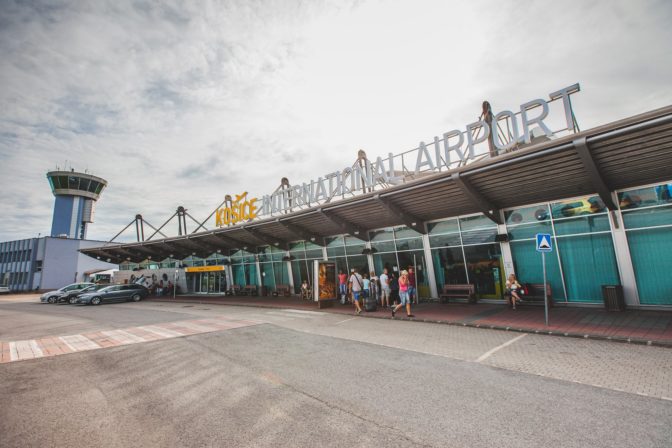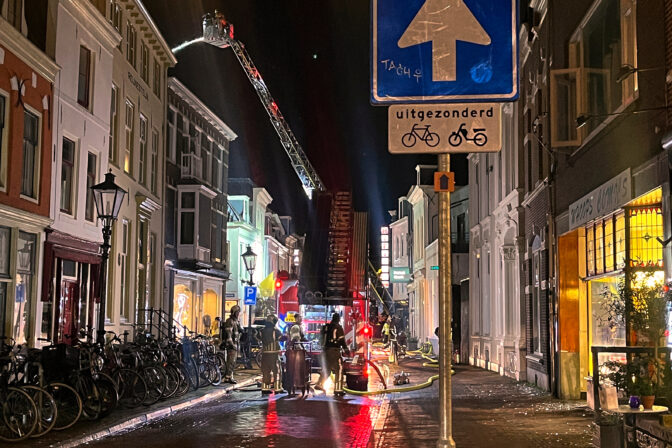BRATISLAVA, May 18, (WEBNOVINY) — Opposition SMER-SD party chairman Robert Fico has introduced „a code“ that he believes the ruling coalition MPs used in voting in Tuesday’s secret ballot to elect the next prosecutor general in Parliament. He called the scheme “Radicova’s code.” Parliament did not reelect ex-Prosecutor General Dobroslav Trnka who was the only candidate for the post, after coalition candidate Jozef Centes withdrew his candidacy before the weekend over allegations of corruption and extortion connected with the December secret ballot. The vote was crucial for Prime Minister Iveta Radicova (SDKU-DS), who warned she would resign should Dobroslav Trnka be reelected.
“All coalition clubs and one faction marked their ballots in a way that made it possible to control how individual clubs voted,” Fico told journalists on Tuesday. He alleges that eighteen deputies marked their ballot papers diagonally, which corresponds with the number of SaS MPs. SaS deputies from the Ordinary People movement marked both “I refrain” and “I vote against” possibilities. KDH deputies voted against Trnka and SDKU-DS deputies refrained from voting. One more coalition MP marked his/her ballot paper in the same way as KDH deputies. In contrast, one deputy for both MOST-HID and SaS failed to mark the ballot paper in the same way as others from his/her party’s deputy club.
Fico explained that it was possible to use this mechanism only because coalition candidate Jozef Centes did not take part in the election. If his name had been featured on the ballot, coalition MPs would not have been able to apply „Radicova’s code“. The ruling coalition used a control mechanism that prevented its deputies from voting freely, recapitulated Fico. On behalf of his party, he advised Trnka to file a motion with the Constitutional Court. The defeated candidate should ask the court to issue a preliminary injunction, which would ban a public vote until the regular secret election takes place. Fico said that if he was president, he would not appoint the candidate elected in the public vote unless the regular secret vote takes place.
Fico is convening a special meeting of the party leadership and the deputy club, which is to issue behavioral guidelines for the party. “We will consult how to face the undemocratic pressure of the coalition,” he said.
The election monitor for SMER-SD Vladimir Matejicka said he had not signed the minutes on Tuesday and is prepared to provide his testimony to the court.
At the previous secret ballot to elect the prosecutor general in December, Dobroslav Trnka, whose term in office ended in February, was just one vote short of being reelected to the post. The coalition feared that Trnka might be reelected, so its MPs took photos of their ballots and showed them to each other to prove they did not vote for Trnka but for the ruling coalition’s candidate Jozef Centes. The Constitutional Court, however, ruled that such behavior thwarted the secret ballot and infringed upon the rights of one of the candidates, Dobroslav Trnka, and ordered the secret ballot to be repeated. Meanwhile, the coalition voted to pass a bill to change the parliamentary standing order enabling a public vote on the new prosecutor general. The president vetoed the bill, but parliament overrode the president’s veto shortly before Tuesday’s secret ballot.
SITA












